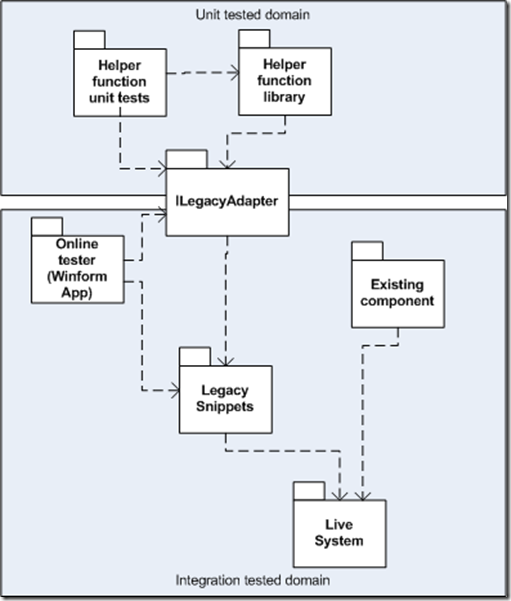Sometimes, you find that the users are destined to be constrained by their GUI. That the developers of the tool chain simply cannot satisfy all consumers of said tools. The complex domain of their business model dictates a complexity that will in turn impede release cycle time and you will never be able to bridge the gap. Ironically, the sum of the user experience is more complex than the underlying reality that it is designed to simplify.
“If you can’t beat the enemy, join them”. I like the reverse even more: if they can’t beat you, they should join you.
So, I’ve decided that a particular subset of my users should learn programming. The C# language is expressive and rich. Combined with a rich object model, I may have sugar coated the pill sufficiently to make them take the leap. Suddenly I am not constrained by having to change the GUI anymore, because there is no GUI.
I have found the perfect bed partner for this endeavor. It is combined development and execution engine for C# snippets that operate against a hidden object model as well as a snippet repository. I am working full throttle to ready an object model to be available for the next launch.
Bjarne Stroustrup said "I wouldn't like to build a tool that could only do what I had been able to imagine for it."
My hope is that the new breed of users will be able to push the envelope to reach new heights of productivity and quality (through automated and assisted audit functionality) and that desired functionality will come in the form of enrichment of the object model as opposed to dabbling in intricacies of how they plan to consume them.


